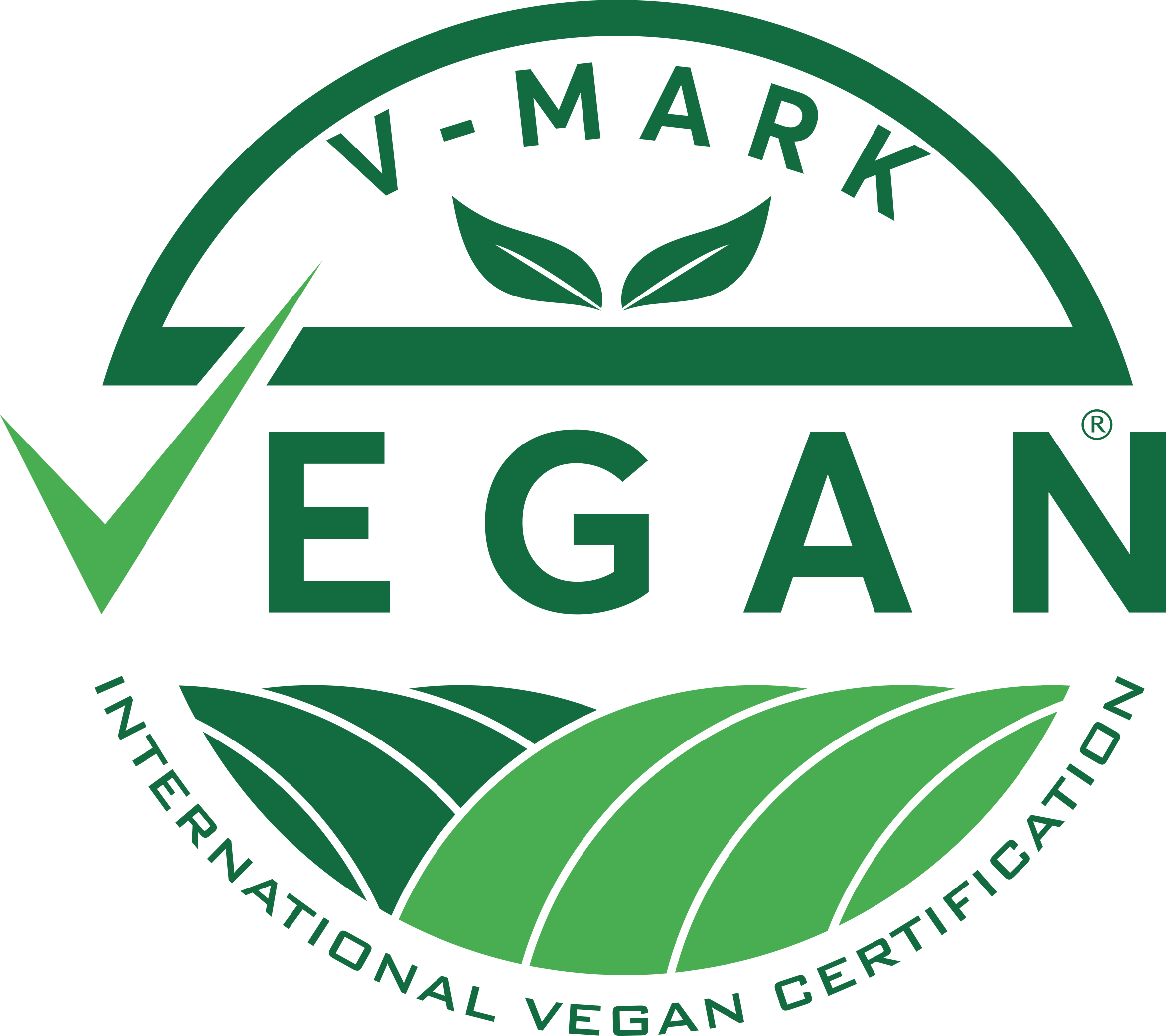Are Vegan People Healthy? Examining the Science Behind a Plant-Based Diet
Are vegan people healthy? It’s a question that’s been debated for years, but the science behind a plant-based diet has increasingly revealed the answer to be a resounding yes.

For starters, a vegan diet is naturally high in vitamins, minerals, fiber, and other essential nutrients. These vitamins and minerals can help support a healthy immune system, reduce inflammation, and provide energy for daily activities. Fiber helps to keep the digestive system functioning optimally, and it can also help to lower cholesterol levels and reduce the risk of chronic diseases such as heart disease and diabetes.
Additionally, vegan diets are typically very low in saturated fat and cholesterol, both of which are known to contribute to the development of heart disease and other health conditions. Vegans are also likely to consume fewer calories than their omnivorous counterparts, which can help to maintain a healthy weight.
Many studies have also found that vegans are less likely to suffer from certain diseases. For example, vegans are at a lower risk of developing certain types of cancer, such as colorectal cancer, and they are also less likely to suffer from other conditions such as high blood pressure, stroke, and type 2 diabetes.
Overall, vegan diets are an incredibly healthy way of eating that can provide numerous health benefits. The key is to make sure that you’re consuming enough of the essential nutrients needed for a healthy lifestyle, such as proteins, healthy fats, and vitamins and minerals. To do this, it’s important to include plenty of plant-based foods in your diet, such as legumes, nuts, seeds, and whole grains.
In conclusion, the science is clear: vegan people are just as healthy as those who eat animal products. With a balanced, plant-based diet, vegans can enjoy a wide range of health benefits, as well as the satisfaction of knowing that their food choices are helping to promote a more sustainable future.
Blog
- Are Vegan People Healthy? Examining the Science Behind a Plant-Based Diet
- Is Veganism Harmful? A Look at the Risks and Benefits
- The Ethics of Veganism: Why People Choose a Plant-Based Diet
- The Health Benefits of Veganism: What the Research Shows
- The Myths and Realities of Veganism: Separating Fact from Fiction
- The Rise of Veganism: A Look at the Growing Movement
- Veganism 101: An Introduction to the Vegan Lifestyle
- Veganism and Aging: Can a Vegan Diet Help You Live a Longer, Healthier Life?
- Veganism and Beauty: Plant-Based Options for a Compassionate Regimen
- Veganism and Cancer: Does a Plant-Based Diet Reduce the Risk of Cancer?
- Veganism and Diabetes: Can a Plant-Based Diet Help Manage Diabetes?
- Veganism and Dining Out
- Veganism and Fashion: Ethical and Sustainable Options
- Veganism and Fitness: How to Build a Strong and Healthy Body on a Plant-Based Diet
- Veganism and Gifts: Ethical and Sustainable Options for All Occasions
- Veganism and Health: Debunking Myths and Exploring the Benefits
- Veganism and Heart Health: Is a Vegan Diet Good for the Heart?
- Veganism and Holidays: Celebrating Compassionately
- Veganism and Nutrient Deficiencies: How to Ensure a Balanced and Healthy Diet
- Veganism and Parenting: Raising Compassionate Kids in a Plant-Based Household
- Veganism and Personal Care: Choosing Cruelty-Free Products
- Veganism and Social Justice: How the Vegan Lifestyle Can Help Create a More Equal World
- Veganism and Travel: Tips for Staying Vegan on the Go
- Veganism and Weight Loss: Does a Plant-Based Diet Promote Healthy Weight Loss?
- Veganism and the Environment: The Impact of a Plant-Based Diet
- Veganism for Beginners: A Step-by-Step Guide to Adopting a Plant-Based Lifestyle

GET CERTIFIED
